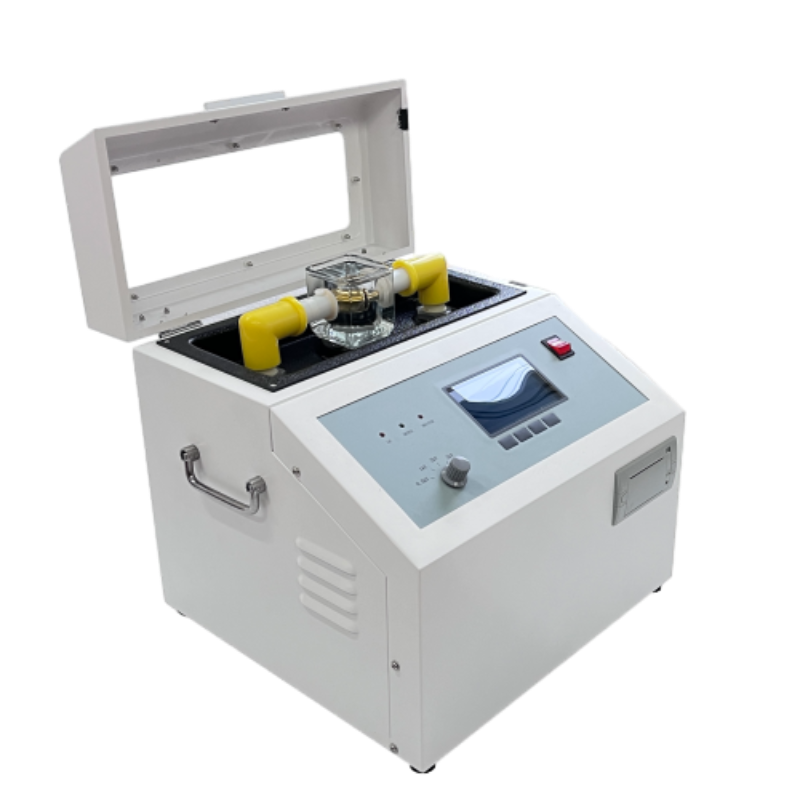 English
English



-
 Afrikaans
Afrikaans -
 Albanian
Albanian -
 Amharic
Amharic -
 Arabic
Arabic -
 Armenian
Armenian -
 Azerbaijani
Azerbaijani -
 Basque
Basque -
 Belarusian
Belarusian -
 Bengali
Bengali -
 Bosnian
Bosnian -
 Bulgarian
Bulgarian -
 Catalan
Catalan -
 Cebuano
Cebuano -
 China
China -
 China (Taiwan)
China (Taiwan) -
 Corsican
Corsican -
 Croatian
Croatian -
 Czech
Czech -
 Danish
Danish -
 Dutch
Dutch -
 English
English -
 Esperanto
Esperanto -
 Estonian
Estonian -
 Finnish
Finnish -
 French
French -
 Frisian
Frisian -
 Galician
Galician -
 Georgian
Georgian -
 German
German -
 Greek
Greek -
 Gujarati
Gujarati -
 Haitian Creole
Haitian Creole -
 hausa
hausa -
 hawaiian
hawaiian -
 Hebrew
Hebrew -
 Hindi
Hindi -
 Miao
Miao -
 Hungarian
Hungarian -
 Icelandic
Icelandic -
 igbo
igbo -
 Indonesian
Indonesian -
 irish
irish -
 Italian
Italian -
 Japanese
Japanese -
 Javanese
Javanese -
 Kannada
Kannada -
 kazakh
kazakh -
 Khmer
Khmer -
 Rwandese
Rwandese -
 Korean
Korean -
 Kurdish
Kurdish -
 Kyrgyz
Kyrgyz -
 Lao
Lao -
 Latin
Latin -
 Latvian
Latvian -
 Lithuanian
Lithuanian -
 Luxembourgish
Luxembourgish -
 Macedonian
Macedonian -
 Malgashi
Malgashi -
 Malay
Malay -
 Malayalam
Malayalam -
 Maltese
Maltese -
 Maori
Maori -
 Marathi
Marathi -
 Mongolian
Mongolian -
 Myanmar
Myanmar -
 Nepali
Nepali -
 Norwegian
Norwegian -
 Norwegian
Norwegian -
 Occitan
Occitan -
 Pashto
Pashto -
 Persian
Persian -
 Polish
Polish -
 Portuguese
Portuguese -
 Punjabi
Punjabi -
 Romanian
Romanian -
 Russian
Russian -
 Samoan
Samoan -
 Scottish Gaelic
Scottish Gaelic -
 Serbian
Serbian -
 Sesotho
Sesotho -
 Shona
Shona -
 Sindhi
Sindhi -
 Sinhala
Sinhala -
 Slovak
Slovak -
 Slovenian
Slovenian -
 Somali
Somali -
 Spanish
Spanish -
 Sundanese
Sundanese -
 Swahili
Swahili -
 Swedish
Swedish -
 Tagalog
Tagalog -
 Tajik
Tajik -
 Tamil
Tamil -
 Tatar
Tatar -
 Telugu
Telugu -
 Thai
Thai -
 Turkish
Turkish -
 Turkmen
Turkmen -
 Ukrainian
Ukrainian -
 Urdu
Urdu -
 Uighur
Uighur -
 Uzbek
Uzbek -
 Vietnamese
Vietnamese -
 Welsh
Welsh -
 Bantu
Bantu -
 Yiddish
Yiddish -
 Yoruba
Yoruba -
 Zulu
Zulu
gas chromatograph mass spectrometer price
Understanding the Pricing of Gas Chromatograph-Mass Spectrometer (GC-MS)
Gas Chromatograph-Mass Spectrometer (GC-MS) is a sophisticated analytical tool used extensively in laboratories for the qualitative and quantitative analysis of complex mixtures. It combines the features of two techniques gas chromatography, which separates compounds in a sample, and mass spectrometry, which identifies and quantifies those compounds. This powerful combination makes GC-MS invaluable in various fields, including environmental monitoring, forensics, pharmaceuticals, and food safety. However, the cost of acquiring a GC-MS instrument can be significant, making it essential for potential buyers to understand the factors influencing its price.
Factors Influencing GC-MS Pricing
1. Instrument Type and Configuration The market for GC-MS instruments includes a range of models with varying capabilities. Basic models may cater to routine analyses, whereas advanced systems might offer enhanced sensitivity, resolution, and additional features like automatic sample handling. Research-grade or high-resolution systems generally command higher prices due to their superior performance and increased capabilities.
2. Brand Reputation and Innovations Leading manufacturers like Agilent, Thermo Fisher Scientific, and Waters invest heavily in research and development to deliver cutting-edge technology. As a result, their instruments often come with a premium price tag. Innovative features such as enhanced software platforms, improved detectors, and better ionization techniques can also increase costs.
3. Additional Options and Accessories When purchasing a GC-MS instrument, several optional features such as autosamplers, specialized detectors (like ion trap or time-of-flight), and sample preparation units can contribute to the overall price. Buyers must assess their specific needs to tailor their GC-MS system, which may also include maintenance contracts and support services that might increase the initial investment.
4. Market Demand and Supply The pricing structure of GC-MS instruments can also fluctuate based on market demand and supply dynamics. In an era where environmental regulations are tightening, the demand for GC-MS in industries such as food safety and environmental analysis has surged, potentially driving prices higher.
gas chromatograph mass spectrometer price

5. Geographic Considerations Prices can vary significantly from one region to another due to factors such as import duties, taxes, and shipping costs. Buyers in developing regions might encounter higher prices not only because of these additional costs but also due to a smaller market competition.
6. Used and Refurbished Instruments Although brand new GC-MS instruments typically come with a steep price tag, the market for used and refurbished models can provide a more affordable option. Prices for these instruments vary widely based on their age, condition, and remaining warranty. Laboratories with limited budgets may find purchasing refurbished systems a prudent approach without compromising essential analytical capabilities.
Average Price Range
The price of a GC-MS can range significantly, typically falling within the spectrum of $30,000 to $150,000 or more. Basic configurations might start around $30,000 to $50,000, whereas advanced and high-performance systems can easily exceed $100,000. It's important to recognize that additional expenses for installation, training, and compliance with regulatory standards can also impact the overall financial commitment.
Conclusion
When considering a purchase of a GC-MS instrument, it is crucial for prospective buyers to take a holistic approach toward understanding pricing. By evaluating specific laboratory needs, exploring various brands and models, and considering both new and refurbished options, organizations can make informed decisions that align with their analytical requirements and budget constraints. Additionally, investing in training and support can enhance the operational longevity of the instrument, thereby providing better value over time. Ultimately, the right GC-MS instrument promises not only to meet current analytical needs but also to adapt to future challenges in various scientific fields.
-
Ensuring SF₆ Gas Safety: Introducing PUSH’s Integrated SF₆ Analyzer for Dew Point, Purity, and Decomposition MonitoringNewsJul.10,2025
-
Exploring the Main Types of Industrial Endoscopes and Their Applications Across IndustriesNewsJul.04,2025
-
Testing Equipment Industry Sees Major Advancements in 2025: Smart & Precision Technologies Lead the WayNewsJun.06,2025
-
Applications of Direct Current Generators in Renewable Energy SystemsNewsJun.05,2025
-
Hipot Tester Calibration and Accuracy GuidelinesNewsJun.05,2025
-
Digital Circuit Breaker Analyzer Features and BenefitsNewsJun.05,2025



